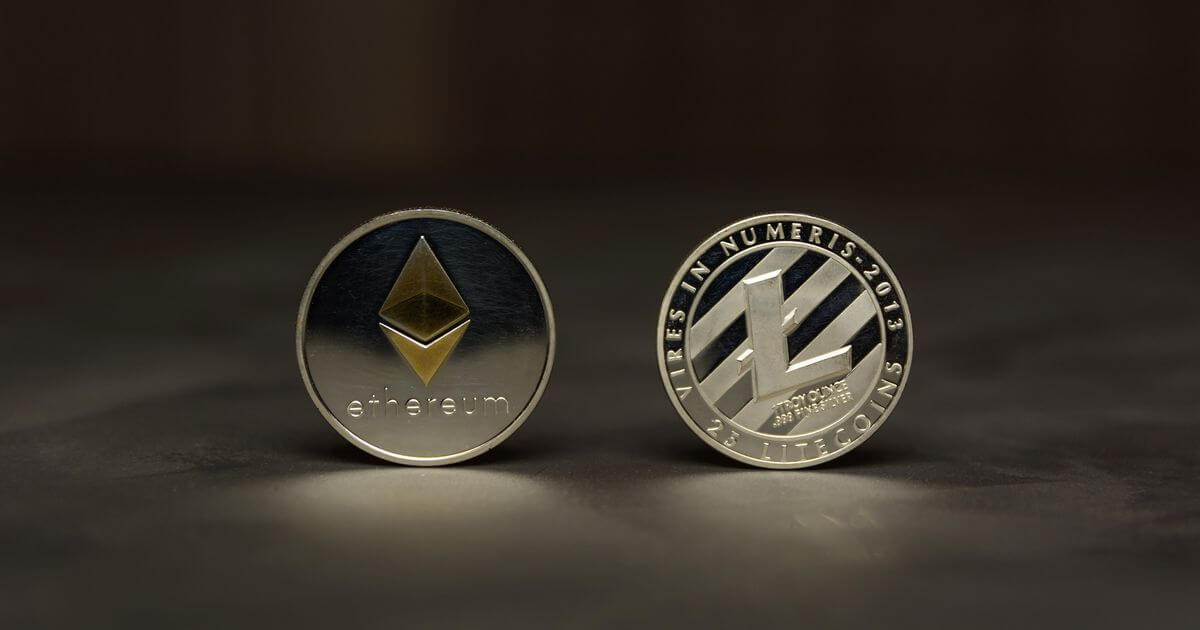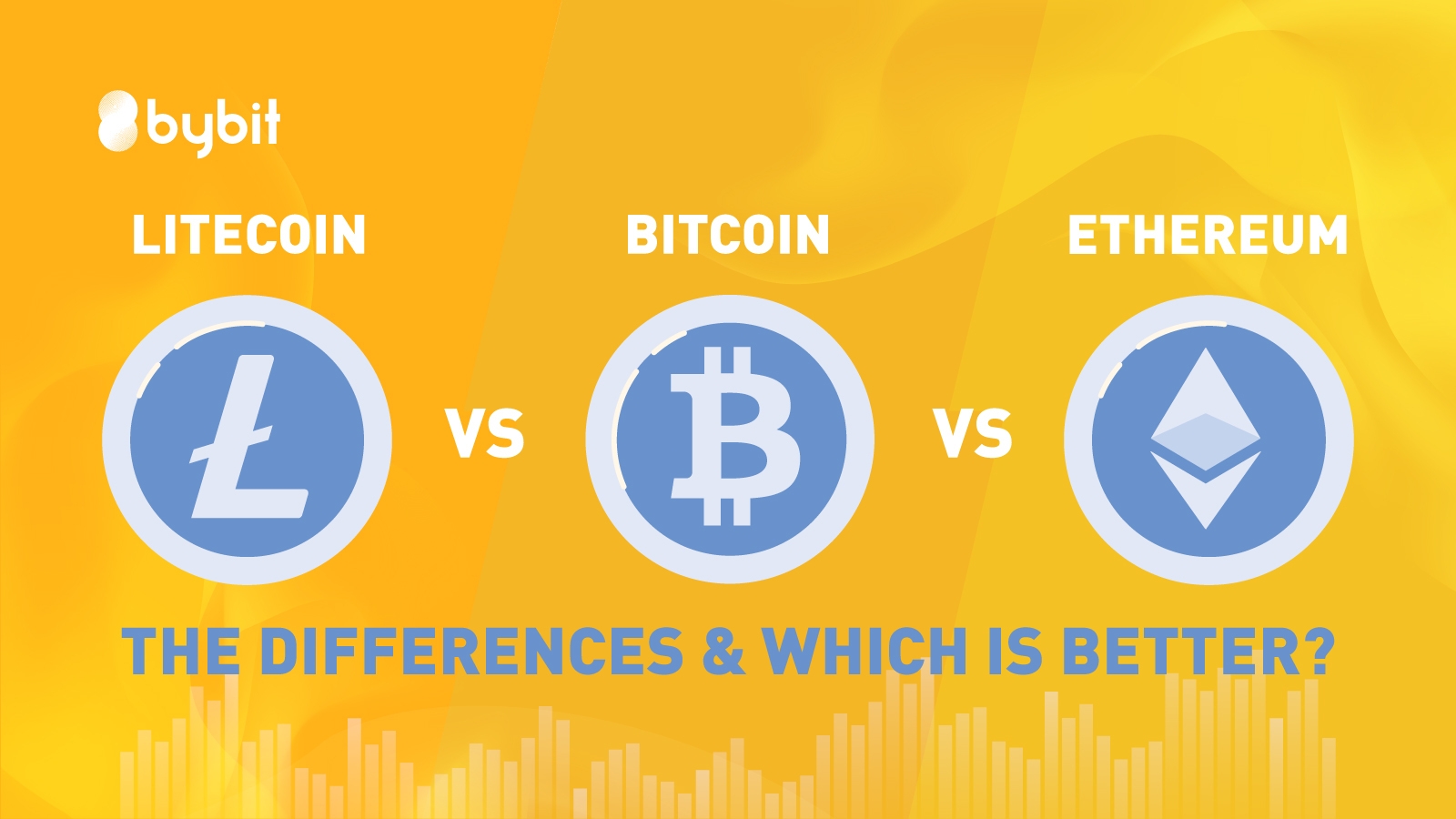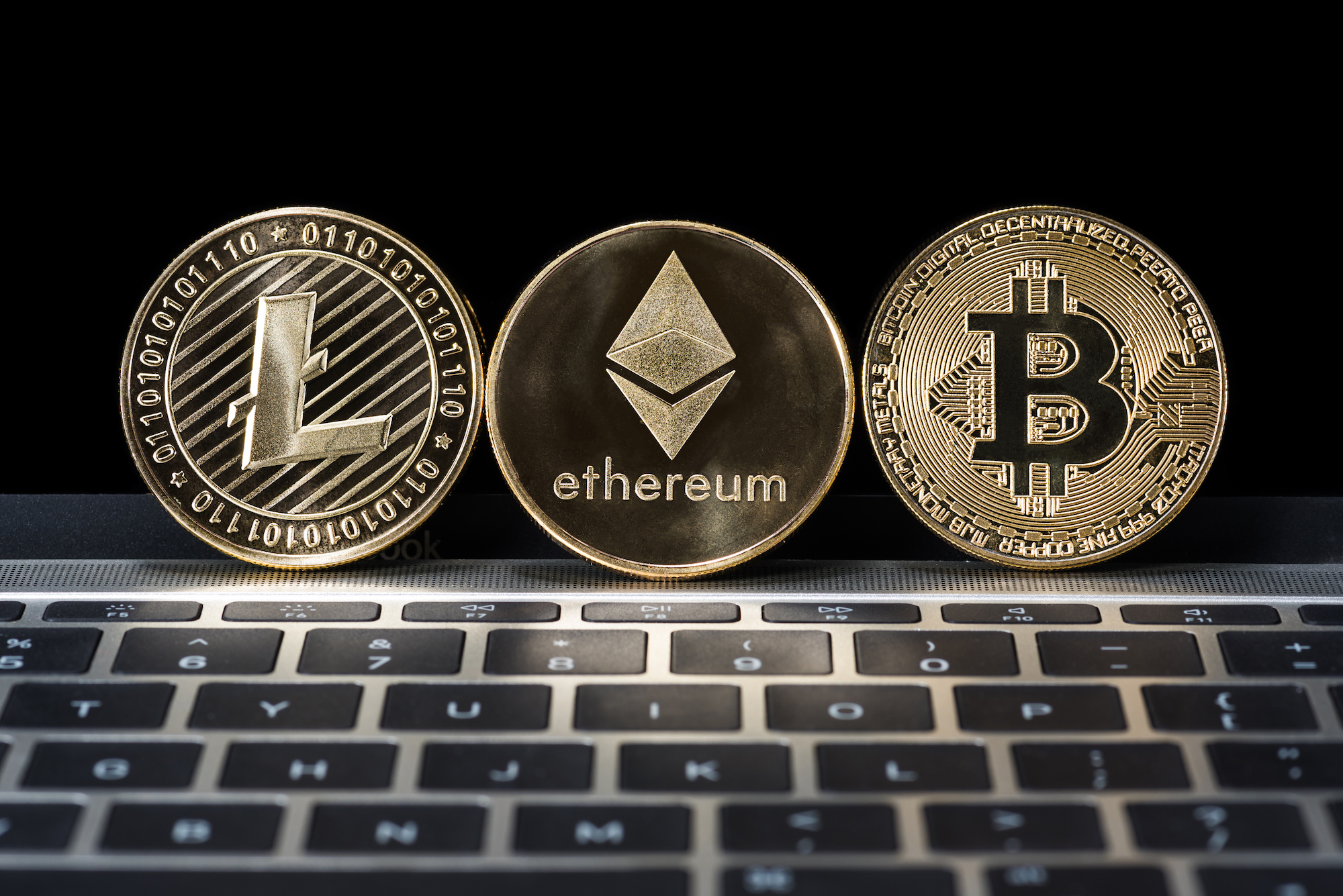Bitcoin Litecoin And Ethereum An Overview Of Crypto
bitcoin litecoin and ethereum set the stage for this enthralling narrative, offering readers a glimpse into a story that is rich in detail and brimming with originality from the outset. Each of these cryptocurrencies has carved out a unique niche within the digital economy, each with its own purpose, technological foundation, and community support. This overview delves into their origins, features, and the role they play in shaping the future of finance.
Overview of Bitcoin, Litecoin, and Ethereum
Cryptocurrencies have revolutionized the way we think about money, investment, and technology. Among the most prominent players in this space are Bitcoin, Litecoin, and Ethereum, each distinct in its purpose and functionality. Understanding their fundamental purposes, historical contexts, and unique features is essential for anyone looking to navigate the world of digital currencies.Bitcoin, created in 2009 by an anonymous entity known as Satoshi Nakamoto, was the first cryptocurrency designed as a decentralized digital currency to facilitate peer-to-peer transactions without intermediaries.
Litecoin, developed by Charlie Lee in 2011, aimed to be the “silver” to Bitcoin’s “gold,” offering faster transaction times and a different hashing algorithm. Ethereum, launched in 2015 by Vitalik Buterin and others, introduced the concept of smart contracts, enabling developers to build decentralized applications (dApps) on its platform. Each cryptocurrency has unique features: Bitcoin is known for its limited supply and strong brand recognition; Litecoin boasts faster block generation times, making it suitable for smaller transactions; and Ethereum’s flexibility through smart contracts allows for a wide range of applications beyond simple currency transactions.
Technical Aspects

Understanding the technical foundation of these cryptocurrencies is crucial for grasping how they operate. All three utilize blockchain technology, a distributed ledger that records transactions in a secure and transparent manner. Bitcoin’s blockchain is primarily focused on security and stability, while Litecoin’s blockchain is optimized for speed. Ethereum’s blockchain, on the other hand, supports complex smart contracts that execute automatically when certain conditions are met.The consensus mechanisms used by each cryptocurrency differ significantly:
- Bitcoin: Utilizes Proof of Work (PoW), requiring miners to solve complex mathematical problems to validate transactions.
- Litecoin: Also employs PoW but with a different hashing algorithm called Scrypt, making it less resource-intensive.
- Ethereum: Initially used PoW but is transitioning to Proof of Stake (PoS) with Ethereum 2.0, which aims to improve scalability and reduce energy consumption.
Transaction processes and speeds vary as well:
- Bitcoin: Transactions can take from 10 minutes to several hours, depending on network congestion.
- Litecoin: Offers faster transaction confirmation times, typically around 2.5 minutes.
- Ethereum: Generally processes transactions within seconds, though network congestion can slow this down.
Use Cases and Applications
Each cryptocurrency has found its place in real-world applications, reflecting their unique strengths and functionalities. Bitcoin is often seen as a store of value and is accepted by numerous merchants worldwide. Litecoin serves as an alternative for transactions where speed is essential, making it popular for microtransactions. Ethereum serves as a platform for a vast array of decentralized applications, including finance (DeFi), gaming, and art (NFTs).Businesses and consumers are increasingly adopting these cryptocurrencies:
- Bitcoin is utilized by companies like Tesla and Square for transactions and investment purposes.
- Litecoin has been integrated into payment systems like BitPay, allowing users to pay with Litecoin at various retailers.
- Ethereum’s dApps, such as Uniswap for decentralized trading or Aave for lending, are gaining traction in financial services.
Market Performance and Value Comparison

The market performance of Bitcoin, Litecoin, and Ethereum showcases their different trajectories in the cryptocurrency landscape. Bitcoin remains the largest cryptocurrency by market capitalization, consistently being viewed as the benchmark for the entire market. Litecoin and Ethereum follow, with Ethereum often seen as the second most significant cryptocurrency due to its innovative features.A comparative analysis of market capitalization reveals:
| Cryptocurrency | Market Capitalization | Current Price | 24-Hour Trading Volume |
|---|---|---|---|
| Bitcoin | $XXX billion | $X,XXX | $XX billion |
| Litecoin | $XX billion | $XXX | $X billion |
| Ethereum | $XXX billion | $X,XXX | $XX billion |
Historical price trends show Bitcoin’s volatility, particularly during market booms and busts. Ethereum has similarly experienced rapid growth, especially during the rise of DeFi and NFTs, while Litecoin has maintained a steadier path.
Security and Regulatory Considerations

The security measures in place for Bitcoin, Litecoin, and Ethereum are paramount for user trust and overall market stability. Each cryptocurrency employs cryptographic techniques to safeguard transactions and user wallets. Bitcoin and Litecoin have strong community support behind their security, while Ethereum is actively working on improving its security as it transitions to PoS.Regulatory challenges differ across countries:
- Bitcoin faces scrutiny in places like China, where mining restrictions are imposed.
- Litecoin is generally viewed more favorably due to its lower transaction fees and quicker processing times.
- Ethereum’s smart contracts raise unique regulatory questions, especially regarding compliance in financial services.
Investing in these cryptocurrencies carries different risk factors, including market volatility, regulatory changes, and technological vulnerabilities.
Future Projections
Looking ahead, Bitcoin is expected to continue solidifying its position as digital gold, while Litecoin may enhance its utility as a faster payment option. Ethereum’s transition to PoS is anticipated to address scalability issues, with many projects set to launch on its platform.Expert predictions regarding price and adoption rates over the next five years indicate a bullish outlook for all three cryptocurrencies:
| Cryptocurrency | 2024 Price Prediction | 2025 Adoption Rate |
|---|---|---|
| Bitcoin | $X,XXX | XX% |
| Litecoin | $XXX | XX% |
| Ethereum | $X,XXX | XX% |
Community and Ecosystem
The community support surrounding Bitcoin, Litecoin, and Ethereum plays a crucial role in their development and adoption. Bitcoin has a robust community of advocates and developers dedicated to enhancing its protocol. Litecoin enjoys a supportive user base focused on promoting its use as a transaction medium. Ethereum’s community is particularly vibrant, with countless developers contributing to its ecosystem through open-source projects.The role of developers and contributors is significant in enhancing each ecosystem.
Ethereum, in particular, benefits from a broad array of developers creating dApps and fostering innovation.Resources available for each cryptocurrency include community forums, educational materials, and investment tools:
- Bitcoin and Litecoin users can find resources on platforms like Reddit and dedicated forums.
- Ethereum offers extensive documentation and tutorials for developers interested in building on its platform.
Epilogue
In conclusion, the journey through bitcoin litecoin and ethereum unveils a dynamic landscape where innovation meets technology and finance. As these cryptocurrencies continue to evolve, understanding their individual characteristics and market implications will be essential for anyone looking to navigate the complexities of the digital currency world. With ongoing developments on the horizon, it will be fascinating to observe how they influence the economy and the way we transact.
Key Questions Answered
What is the main purpose of Bitcoin?
Bitcoin is designed as a decentralized digital currency that enables peer-to-peer transactions without the need for intermediaries.
How does Litecoin differ from Bitcoin?
Litecoin offers faster transaction times and a different hashing algorithm, making it more efficient for smaller transactions.
What makes Ethereum unique compared to Bitcoin and Litecoin?
Ethereum’s unique feature is its smart contract functionality, allowing developers to build decentralized applications on its platform.
Are Bitcoin and Ethereum secure?
Yes, both Bitcoin and Ethereum have robust security measures, including cryptographic protocols and a large network of users that help secure the blockchain.
What are the regulatory challenges faced by these cryptocurrencies?
Bitcoin, Litecoin, and Ethereum face various regulatory challenges, including differing approaches to taxation, legality, and compliance in various countries.


